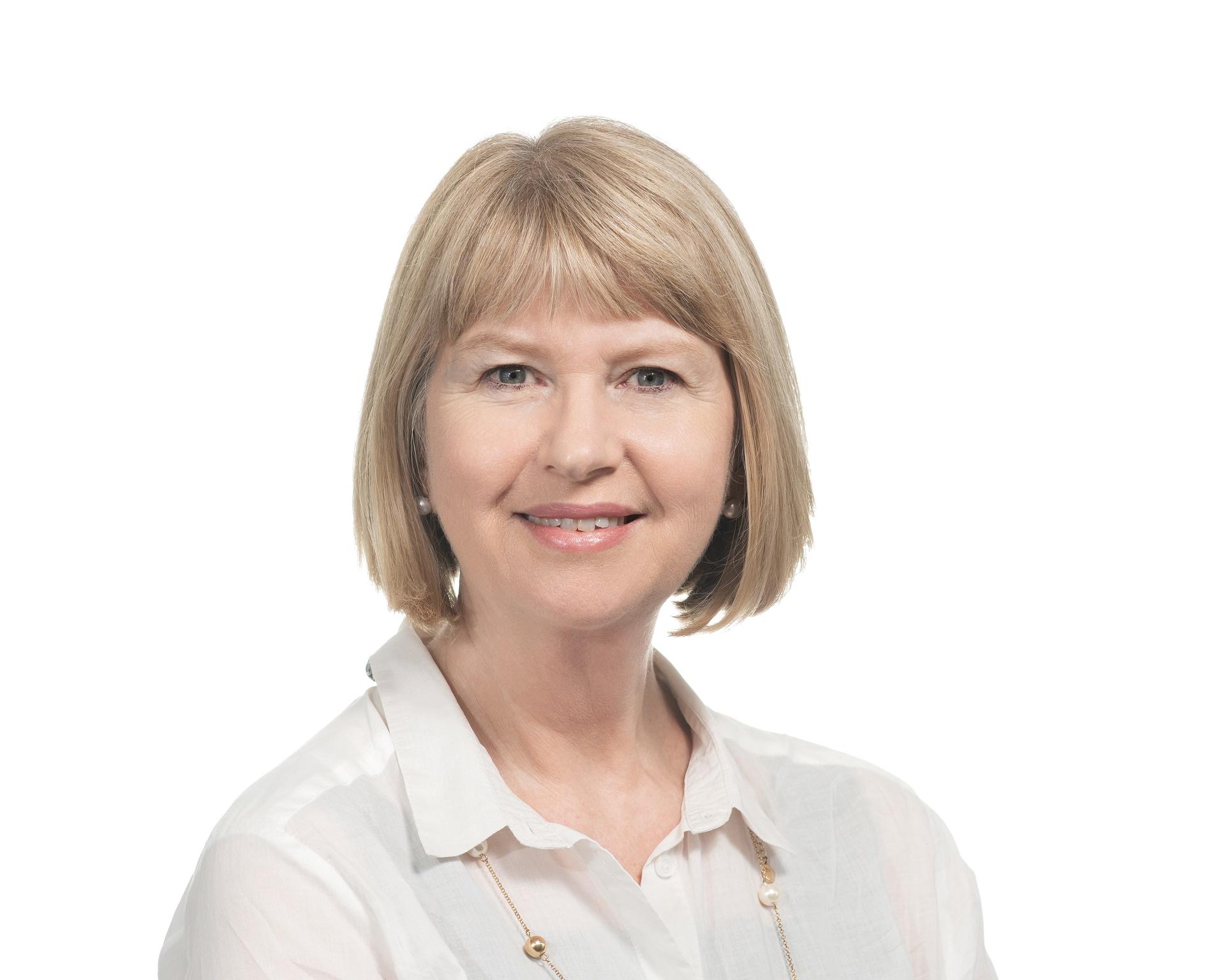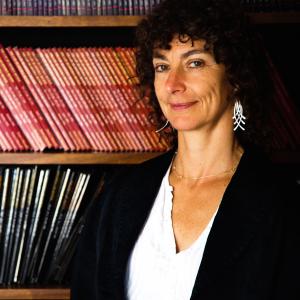Making international human rights law top down or bottom up: The case of the right to education
Ann Skelton, Professor of Law, UNESCO Chair: Education Law in Africa, University of Pretoria & Professor Children's rights in a sustainable world, Leiden University
Event Information
On July 2024, the UN Human Rights Council adopted resolution 56/5, in which it decided to establish an open-ended intergovernmental working group of the Human Rights Council with the mandate of exploring the possibility of, elaborating and submitting to the Human Rights Council a draft optional protocol (informally referred to as the 4th Optional Protocol) to the Convention on the Rights of the Child with the aim to:
- Explicitly recognize that the right to education includes early childhood care and education;
- Explicitly state that, with a view to achieving the right to education, States shall:
- Make public pre-primary education available free to all, beginning with at least one year;
- Make public secondary education available free to all;
Treaty making by States is of course one way to make international human rights law. The right to early childhood education is a good example of how international human rights can become a collaborative exercise, with individuals and civil society working from the grassroots upwards and from the international sphere downwards to develop and enforce human rights obligations on States. Although the Convention on the Rights of the Child does not expressly mention early childhood education, it is clearly implied from the objectives of the right to education (the full development of the personality of the child). In fact, the Committee on the Rights of the Child has frequently mentioned early childhood education in its concluding observations to States. An alternative to creating a new treaty is to (i) to draw together these references into one document (a general comment, or a set of guiding principles) to guide the committee and states (top-down); and (ii) to encourage civil society to submit 'shadow reports' to the CRC as part of the periodic reporting by ratifying states to draw attention to gaps in compliance on the right to ECCE and to catalyse local advocacy for the right (bottom up). This ESRC-funded project has worked with UNESCO, the UN Special Rapporteur on the Right to Education, and civil society groups at international level and across the African Network of Early Childhood to create Guiding Principles and to carry out shadow reporting. This demonstrates that international human rights law can become a dynamic and collaborative project to further the development of and compliance with key rights.
Speakers

Professor Ann Skelton is an internationally renowned child rights expert. She is a Professor of Law at Leiden University, where she holds the Chair in Children's Rights in a Sustainable World. She is also currently a member of the UN Committee on the Rights of the Child, and was appointed Chairperson in May 2023, for a two-year term.
Professor Skelton has worked as a children’s rights lawyer in South Africa for over 30 years. She played a leading role in child law reform through her involvement with the committees of the South African Law Reform Commission that drafted the Child Justice Act and the Children’s Act. Ann was the Director of the Centre for Child Law for ten years, where she initiated its strategic impact litigation work. She is currently also a Law Professor at the University of Pretoria, where she holds the UNESCO Chair: Education Law in Africa. She is an internationally recognised researcher and has published widely on children’s rights, education law and restorative justice. She is a visiting professor at the University of Strathclyde, and receive an Honorary Doctorate from that University in June 2023. She was the first holder of the Rotating Honorary Chair: Enforcement of Children’s Rights at Leiden University.
Professor Skelton is an advocate and has appeared as counsel in many landmark child law cases in the South African superior courts, including 12 cases in the Constitutional Court. Her awards include the Honorary Worlds’ Children’s Prize, presented by Queen Sylvia of Sweden (2012) and the Juvenile Justice Without Borders award presented by the International Observatory on Juvenile Justice (2017) and she is currently an International Ambassador for the British Society of Criminology. She was the chairperson of the Advisory Board of the United Nations Global Study on Children Deprived of their Liberty.

Sandra Fredman is Professor of the Laws of the British Commonwealth and the USA at Oxford University, and a professorial fellow at Pembroke College, Oxford. She was elected a Fellow of the British Academy in 2005 and became a QC (honoris causa) in 2012. She has written and published widely on anti-discrimination law, human rights law and labour law, including numerous peer-reviewed articles. She has authored four monographs: Comparative Human Rights (OUP, 2018); Human Rights Transformed (OUP 2008); Discrimination Law (2nd ed, OUP 2011); and Women and the Law (OUP 1997), as well as two co-authored books: The State as Employer (Mansell, 1988), with Gillian Morris, and Labour Law and Industrial Relations in Great Britain (2nd ed Kluwer, 1992) with Bob Hepple. She has also edited several books: Human Rights and Equality in Education (Policy Press, 2018, with Meghan Campbell and Helen Taylor); Discrimination and Human Rights: The Case of Racism (OUP, 2001); and Age as an Equality Issue (Hart, 2003 with Sarah Spencer). She was awarded a three year Leverhulme Major Research Fellowship in 2004 to further her research into socio-economic rights and substantive equality. She is South African and holds degrees from the University of Witwatersrand and the University of Oxford. She has acted as an expert adviser on equality law and labour legislation in the EU, Northern Ireland, the UK, India, South Africa, Canada, Malaysia and the UN; and is a barrister practising at Old Square Chambers. She founded the Oxford Human Rights Hub in 2012, of which she is the Director.


